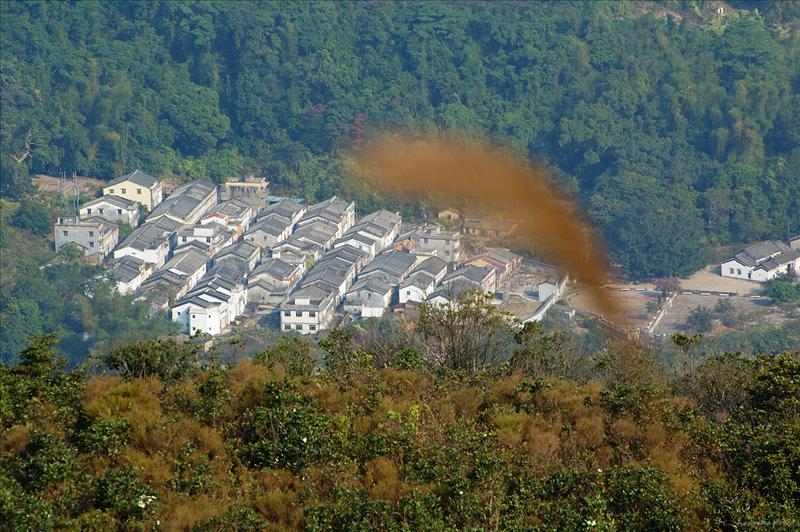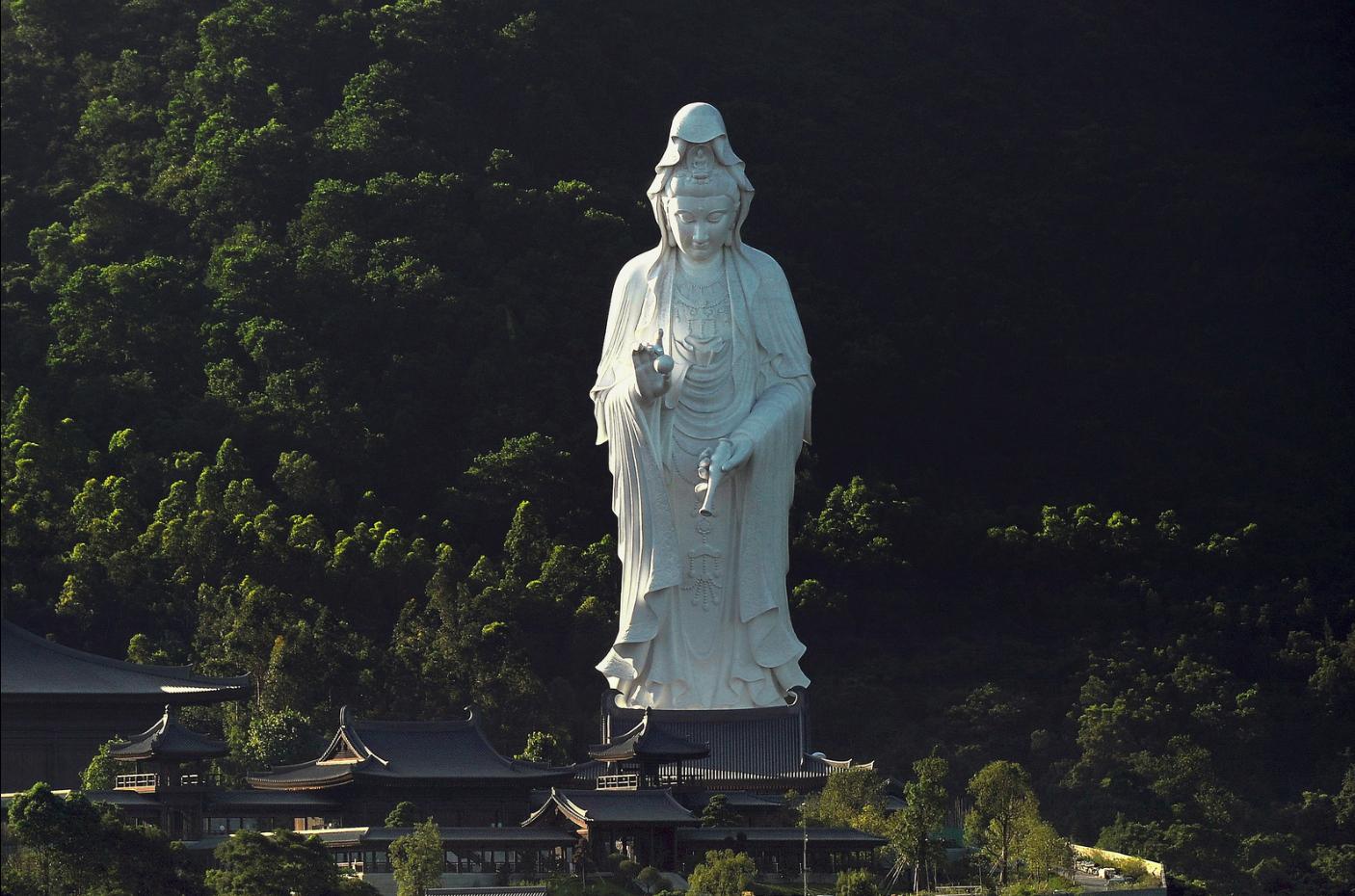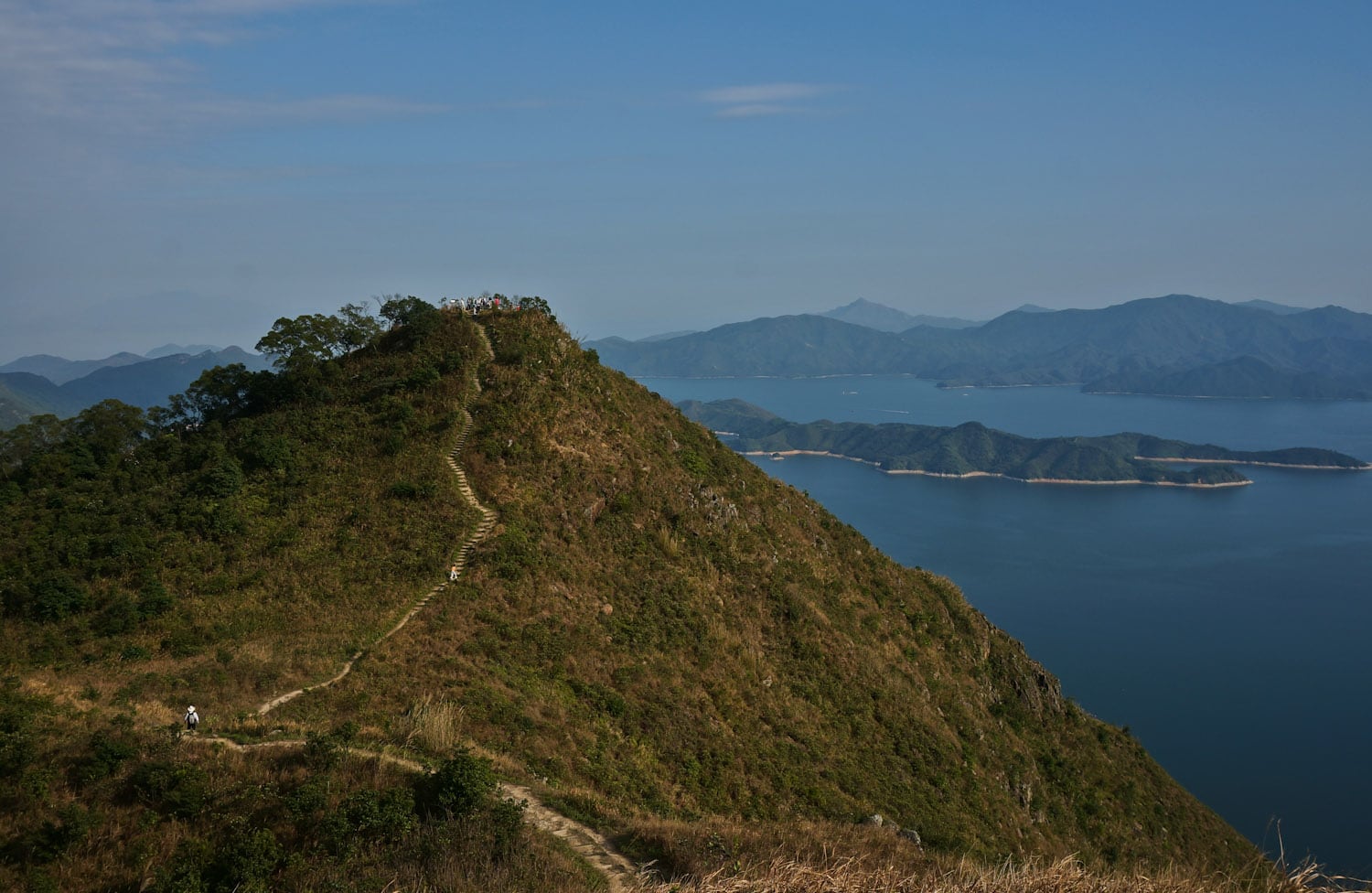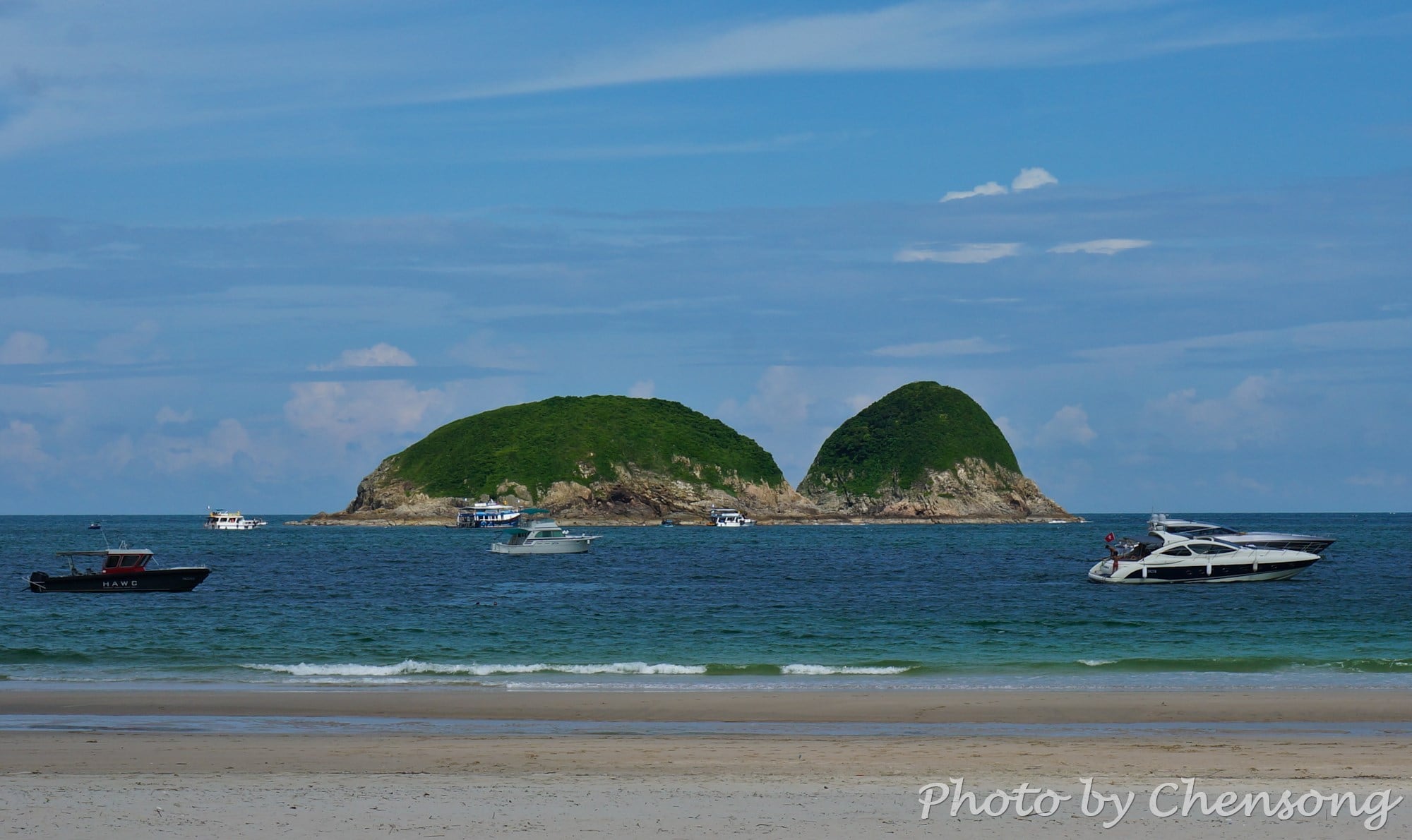
Lai Chi Wo is a Hakka Village located at the west coast of Yan Chau Tong Marine Park.
Most Hakka villages in Hong Kong were built on hillsides. Typically backing onto dense fung shui woods, these rural settlements have crop fields in the front to serve as sunning grounds and venues for village activities. Further up are ponds, where fish are cultured.
In traditional Chinese culture, water is a symbol of wealth. From the perspective of faith, “encircling water” brings wealth and good fortune; from a practical perspective, streams provide water for everyday needs, as well as village fishponds.
The stream in front of Lai Chi Wo village was a vital water source in the past. Washing down rich minerals from slopes, it flowed to the lowland in front of the village and kept the fields in the lower reaches well irrigated. Beyond the village, it proceeded to the tranquil coast of Double Haven, where alluvial sediments settled along the shore. Over time, mud flats and mangrove bed habitats were formed.
—
How to Get There:
MTR Tai Po Market Station -> Mini Bus 20C -> (Special Route) -> Get off at Wu Kau Tang -> Walk about 1.5 hours to Lai Chi Wo
MTR Tai Po Market Station -> Bus 275R (Sundays and Public Holidays only) -> Get off at Bride’s Pool Terminal -> Walk about two hours to Lai Chi Wo via Wu Kau Tang
MTR Fanling Station -> Minibus 56K -> Get off at Luk Keng Terminal -> Walk for approximately 2.5 hours to Lai Chi Wo from Fung Hang
—
Chinese Translation:
Lai Chi Wo:荔枝窩
Yan Chau Tong Marine Park:印洲塘海岸公園
Plover Cove Country Park:船灣郊野公園
Wu Kau Tang:烏蛟騰
Bride’s Pool:新娘潭
Luk Keng:鹿頸





hello!
most websites seem to recommend hiking frm wu kau tang to luk keng.
do you know if it is possible to do it in the reverse?
cheers, ying
Hi Ying, of course. You can take minibus 56K from MTR Fanling Station to Luk Keng and walk from Luk Keng to Wu Kau Tang.
[…] Sam Tung Uk Museum, located at near Tsuen Wan MTR Station, was converted from a 200-year old Hakka walled village founded by a Chan clan who settled in Hong Kong in the 18th century. The clansmen acquired land […]